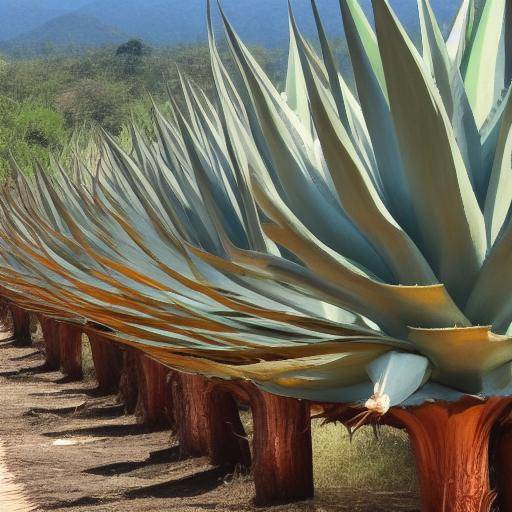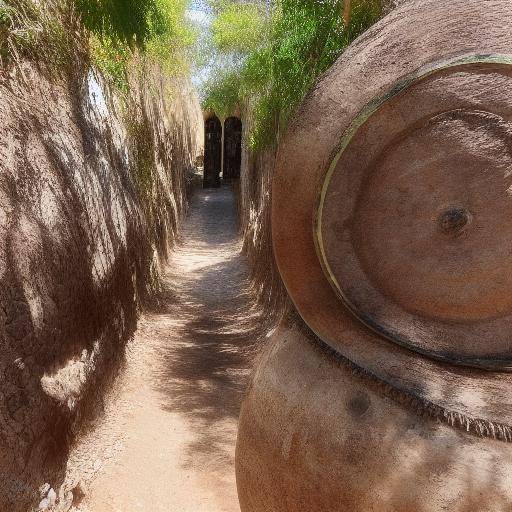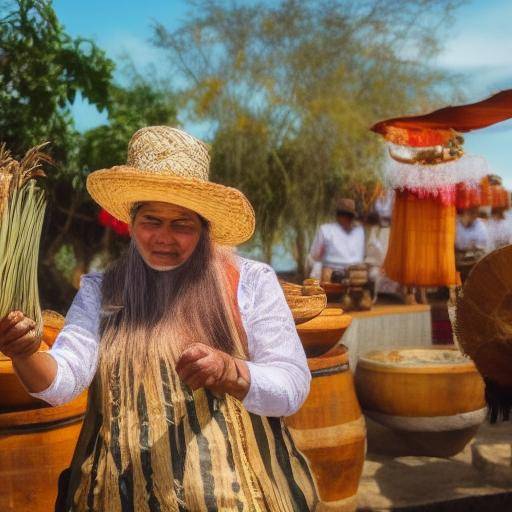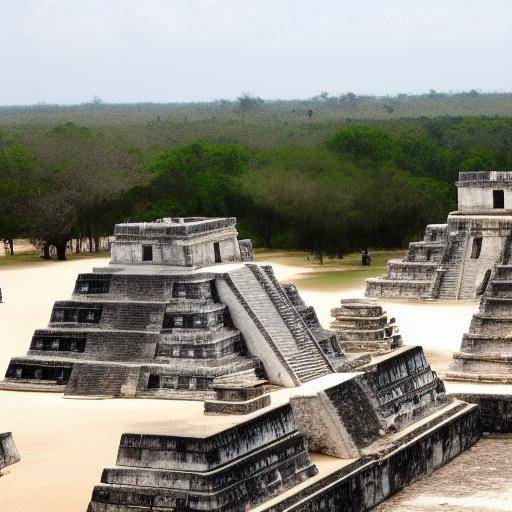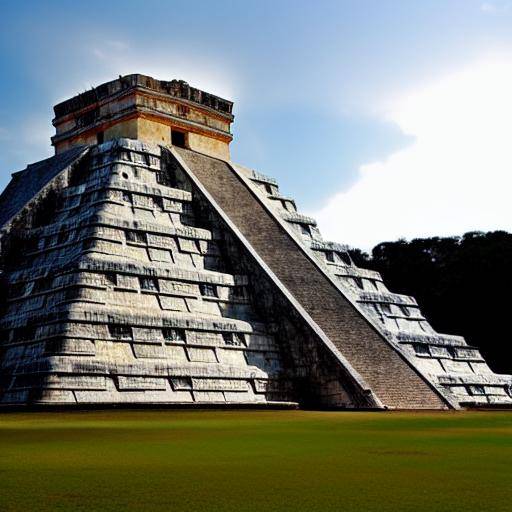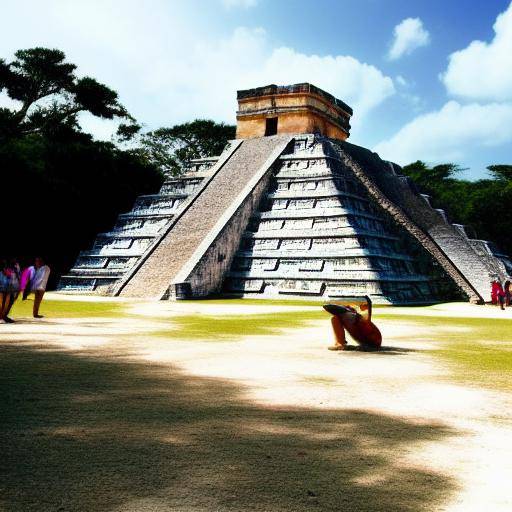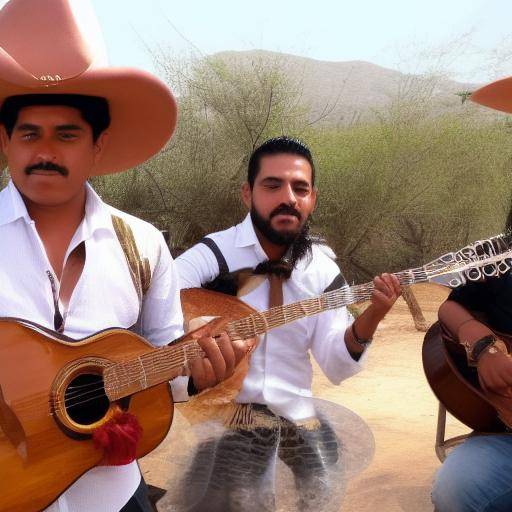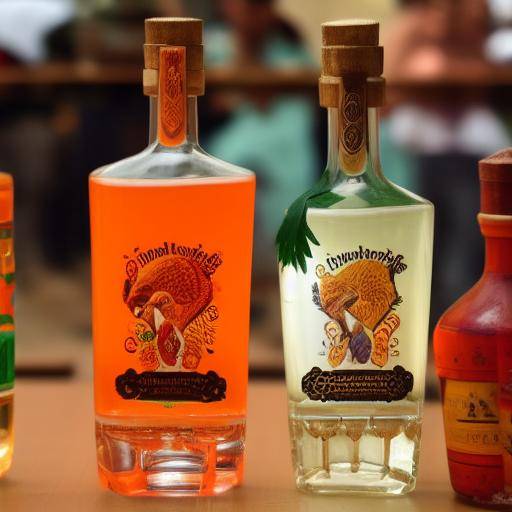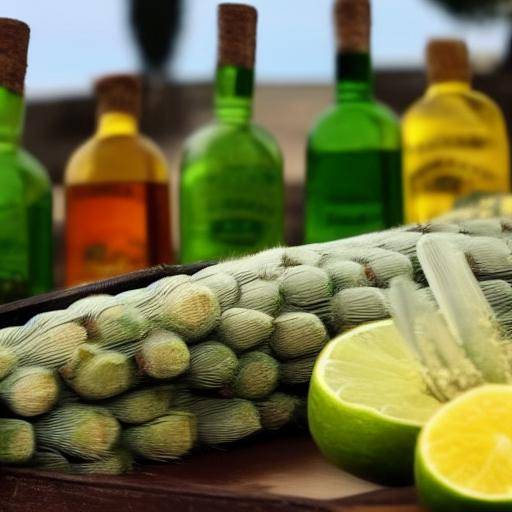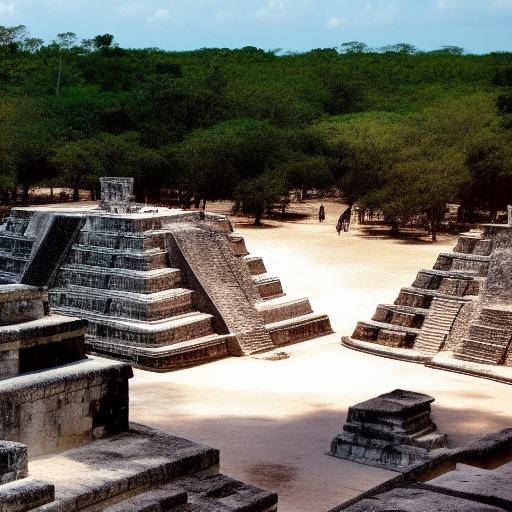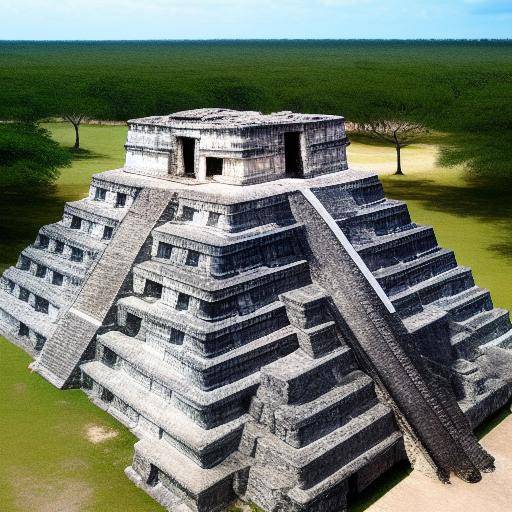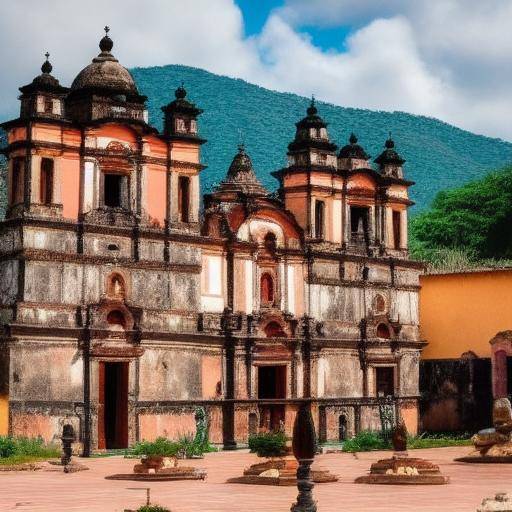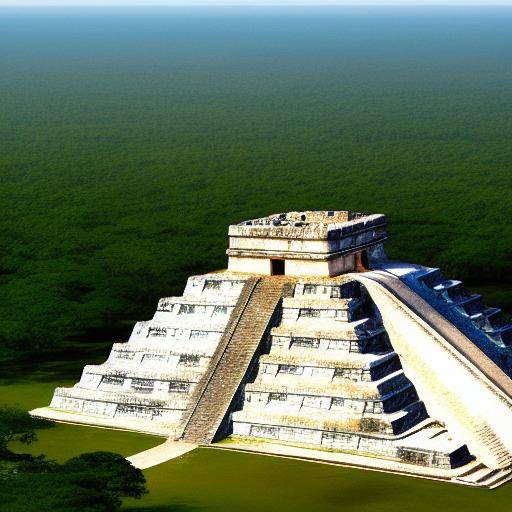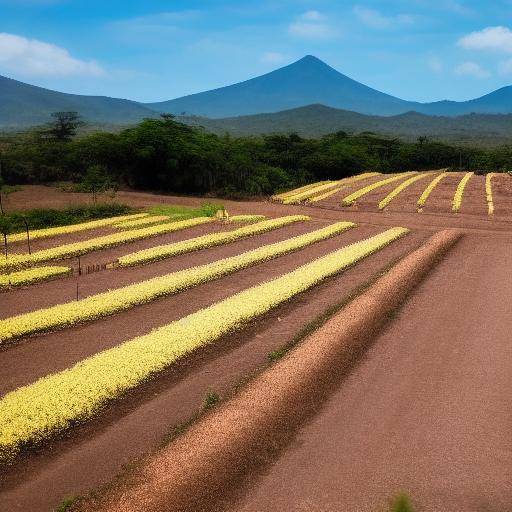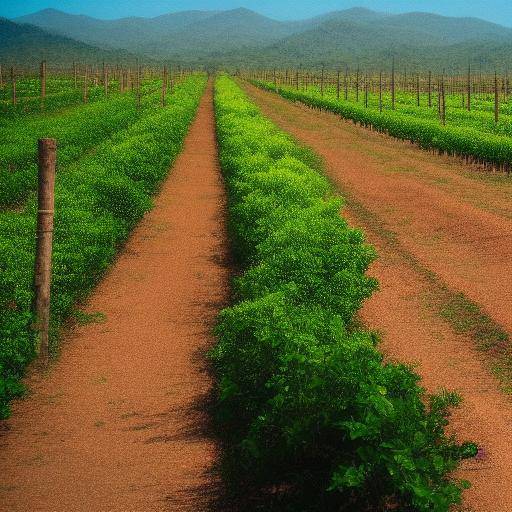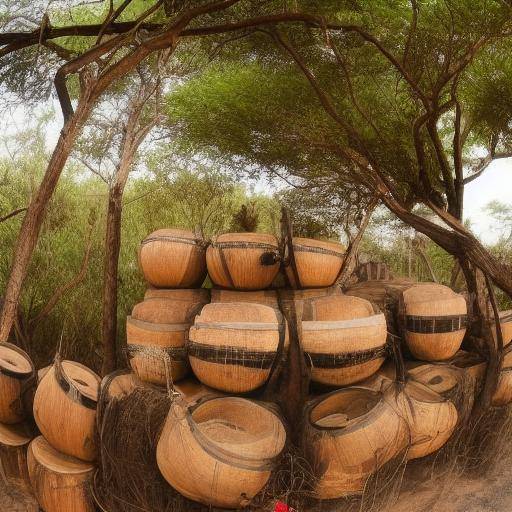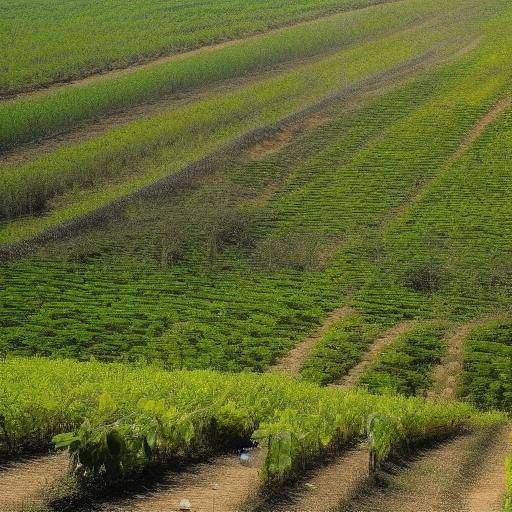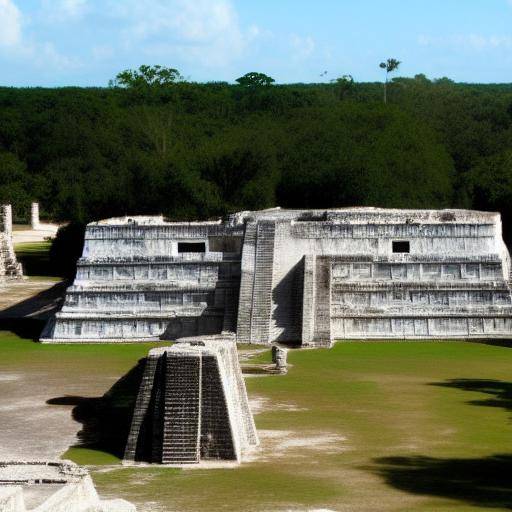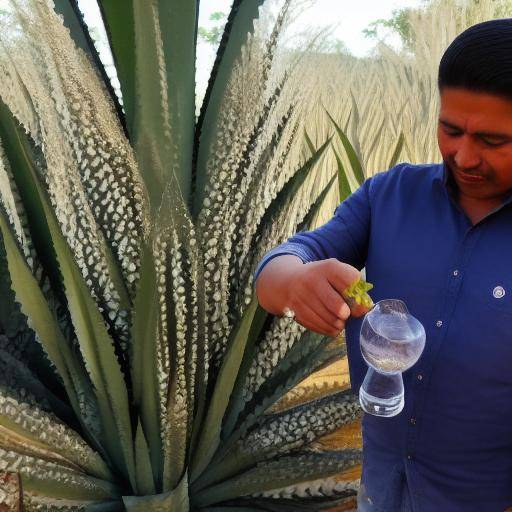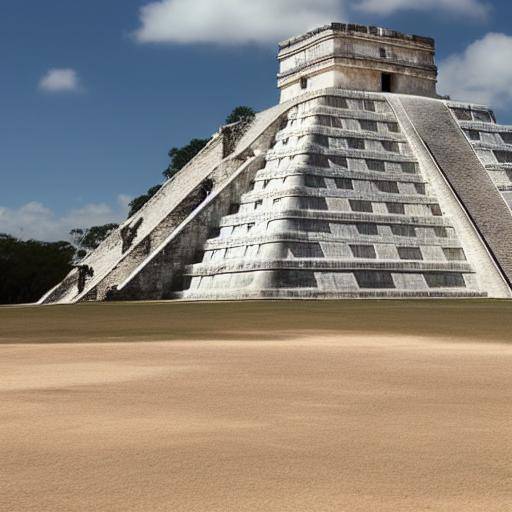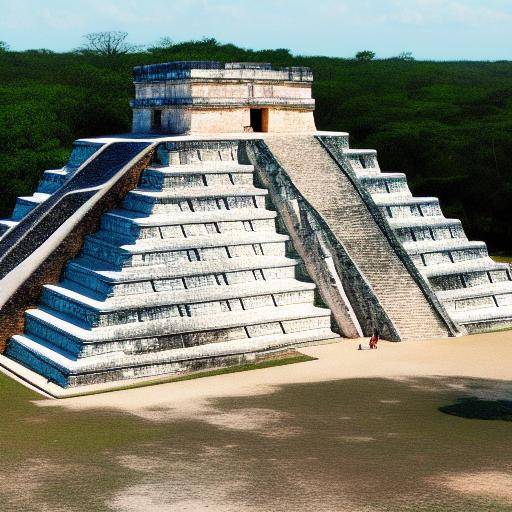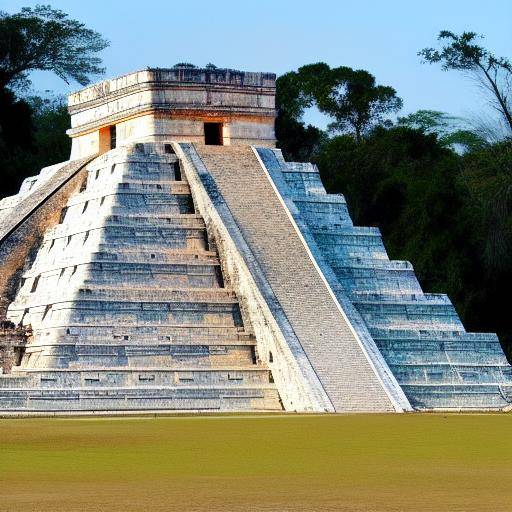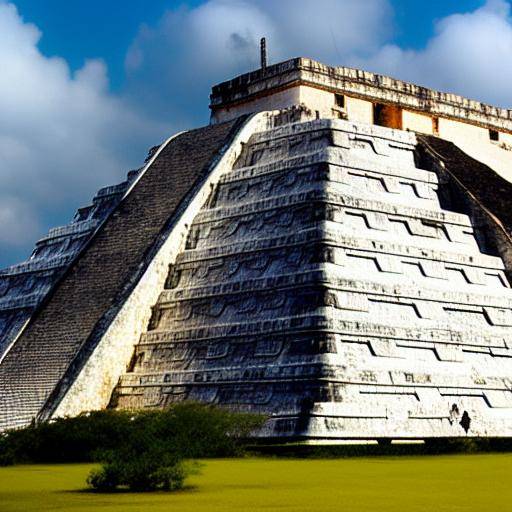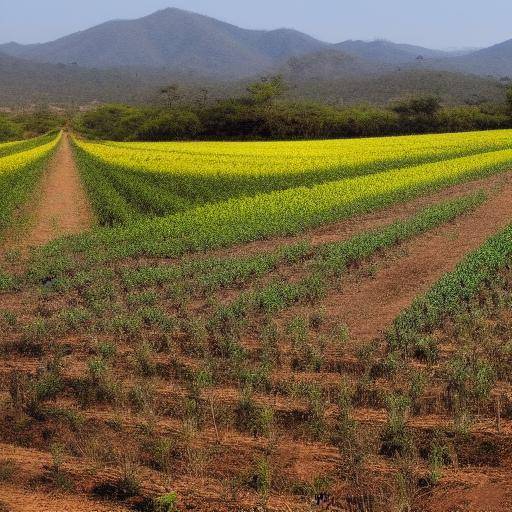
The state of Jalisco, located in the beautiful country of Mexico, is world-renowned for being the cradle of tequila, the famous spirit drink that has conquered palates around the world. But beyond being the home of this iconic drink, Jalisco is a land rich in history, culture and traditions, where agave farms mark the memory of past times. In this article, you will enter the fascinating tequila route and discover the haciendas that have left an indelible mark in the history of the agave.
Introduction: Discovering the Soul of Jalisco
The state of Jalisco is a unique place, a crucible of ancestral traditions and a land that has witnessed the birth and evolution of one of Mexico's most emblematic beverages: tequila. In this land, the arid landscape and the fertile land come together to give rise to the blue agave fields, the raw material that gives life to this spirited drink.
Throughout this article, you will be immersed in the fascinating history of this unique distilled, as well as in the cultural and architectural richness of the historic agave estates, which witness a tradition dating back centuries. Join us on this journey through the aromas, flavors and colors of Jalisco, where each tequila sip is a delight for the senses and every corner keeps a story to tell.
History and Background: The Agave Legacy in Jalisco
The history of tequila and agave farms is intertwined with the history of Mexico itself. It dates back to pre-Hispanic times, when indigenous civilizations discovered the properties of the agave and its potential for the development of fermented beverages. It was in the 16th century, with the arrival of the Spaniards, that the distillation of the agave led to the birth of the tequila as we know it today.
Over the centuries, tequila has evolved, from being a regional drink to becoming a national emblem of Mexico. The agave farms, with their imposing architecture and historical legacy, are silent witnesses of this evolution, preserving the ancestral traditions and techniques of cultivation and distillation that have passed from generation to generation.
Deep Analysis: The Transcendence of Tequila and the Treasury in the News
Tequila, more than a drink, is a central element in Mexican identity. From its denomination of origin to its economic and cultural importance, tequila has crossed borders and has gained a place at the international scene of spirits. The agave farms, for their part, represent an invaluable heritage, not only for their historical value, but also for their contribution to tourism and the local economy.
In the current context, tequila faces challenges and opportunities, from sustainability in agave cultivation to innovation in production and marketing. The haciendas, for their part, open to tourism, offering unique experiences that allow visitors to enter into the magic of tequila processing and discover the beauty of their landscapes.
Comprehensive Review: The Cultural and Tourist Rice of Jalisco
Jalisco, with its tequilera tradition rooted in history, offers a range of experiences for lovers of good life. From centuries-old distilleries to tequila tastings in idyllic environments, every corner of this state breathes the spirit of the agave. The haciendas, with their colonial architecture and extensive agave fields, invite visitors to immerse themselves in a world of aromas, flavors and traditions.
Tequila and haciendas are also a magnet for international tourism, which seeks to experience authentic and enriching experiences. The tours to the haciendas offer a privileged look at the history and the process of making the tequila, while the tastings allow to appreciate the diversity of flavor profiles that this drink offers. In addition, the region of Jalisco offers the opportunity to explore magical villages, admire the huichol art and enjoy the warmth of its people.
Comparative Analysis: Tequila, Jalisco and Mexico - An Indissoluble Link
Tequila, Jalisco and Mexico are intertwined by an indissoluble link that goes beyond the mere geographical. Tequila is an expression of Mexican identity, a symbol of national pride that reflects the ingenuity and passion of its people. Jalisco, for its part, is the land that has seen the tequila being born and in which the agave farms are guardians of an ancient tradition. Together, they form a cultural legacy that transcends time and borders, conquering palates and hearts all over the world.
Practical Tips and Accionable Recommendations: Discovering the Spirit of Tequila in Jalisco
If you are planning to visit Jalisco and get into the tequila route, here are some practical tips that will help you get the most out of your experience:
- Investigate and choose distilleries and haciendas that offer tours and tastings that fit your interests.
- Get dressed properly to enjoy the visits to the haciendas, wearing comfortable shoes and sun protection.
- Explore nearby villages, where you can find crafts, local products and the warmth of the people of Jalisco.
- Do not miss the opportunity to test the tequila in different presentations, from white and rested to old and extra old.
- It respects and values the legacy of the haciendas, caring for the environment and contributing to sustainable tourism in the region.
Industry Reflections and Expert Reviews: Perspectives on the Future of Tequila and the Treasury
We have talked with experts from the tequila and tourism industry in Jalisco, who share their visions and perspectives on the future of this iconic drink and its impact on the region. According to them, tequila faces challenges such as climate change and growing demand, but in turn it opens up to opportunities in the area of sustainable production and energy innovation. The haciendas, for their part, are a top-level tourist destination, offering authentic and enriching experiences that attract travelers from around the world.
Case Studies and Applications in Real Life: Learning from the Legacy of Treasury
Throughout our research, we have discovered fascinating cases of haciendas that have been able to adapt to change, preserving its historical essence and at the same time opening its doors to tourism and innovation. These experiences reveal the importance of preserving and assessing cultural heritage, while promoting sustainable practices and generating economic opportunities for local communities.
Future Trends and Predictions: The Way To Walk
The future of tequila and haciendas in Jalisco is seen as a path of growth and transformation. Tequila is expected to continue its promotion at the international scene, conquering new markets and palates. For their part, the haciendas will be consolidated as tourist destinations of reference, where history and tradition intertwine with innovation and sustainability.
Conclusion
In conclusion, the tequila route and agave farms in Jalisco, Mexico, represent a universe of experiences, flavors and traditions that deserve to be explored and enjoyed. From its ancestral origins to its projection to the future, the tequila and the haciendas trace an exciting path that invites travelers, lovers of culture and curious equally to enter their legacy. We urge those who have not yet had the opportunity to know this unique land to immerse themselves in the magic of Jalisco and discover the authenticity that emanates from every drop of tequila and from every corner of the historic haciendas.
Frequently asked questions
What is the difference between tequila and mezcal?
Tequila is a distilled drink made specifically with blue agave in certain regions of Mexico, mainly in Jalisco. On the other hand, the mezcal is a distilled drink originally from Oaxaca, which can be made from different varieties of agave. Although they share the origin of the agave, they present differences in the production process and in taste profiles.
What is the best time of the year to visit the agave farms in Jalisco?
The ideal time to visit the agave farms in Jalisco is during the harvest season, which usually occurs between July and December. During this period, the work of cutting and collecting the agave can be observed, as well as participating in activities related to the development of the tequila.
Does tequila drink alone or is suitable for cocktails?
Tequila is a versatile drink that can be enjoyed in various ways. While it is common to taste it only to appreciate its taste nuances, it is also a popular ingredient in classic cocktails such as margarita, dove or tequila sunrise. The choice of how to enjoy it depends on the personal taste and preferences of each person.
How do you choose a good distillery or hacienda to visit in Jalisco?
When selecting a distillery or hacienda to visit in Jalisco, it is important to consider aspects such as the reputation of the brand, the tourist experience they offer, the quality of the tours and tastings, as well as their commitment to sustainability and social responsibility. Pre-investigating available options and reading reviews from other visitors can help make an informed decision.
What is the economic importance of tequila for Mexico?
Tequila represents a significant part of Mexico's economy, both nationally and in its producing regions. The tequilera industry generates employment, promotes tourism, promotes agave production and contributes to the international projection of the country. In addition, tequila is a product of denomination of origin, which means that its production is regulated and protected by law.
What is the impact of tourism on agave farms in Jalisco?
Tourism plays a crucial role in the preservation and promotion of agave farms in Jalisco. The flow of visitors contributes to the conservation of these historical properties, provides economic opportunities to local communities and promotes knowledge and appreciation for the tequilera tradition. In addition, sustainable tourism helps to preserve the natural and cultural environment of the region.
In short, the tequila route and agave farms in Jalisco, Mexico, are built as an invaluable treasure that treasures the essence of a millennial tradition. Dipping into this universe of aromas, flavors and experiences is an experience that transcends the ordinary and invites to know the soul of a land full of history and passion.
With every sip of tequila and with every step through the majestic haciendas, an infinite account of culture, heritage and authenticity is displayed. Don't miss out on this captivating journey and discover the magic hidden between the Jalisco agave fields, a place where the legacy of the agave persists in every drop of tequila and in every corner that narrates an ancient history.

